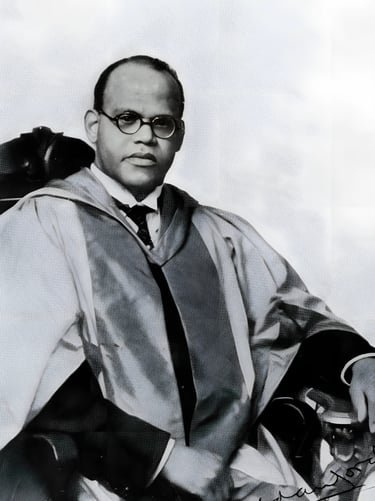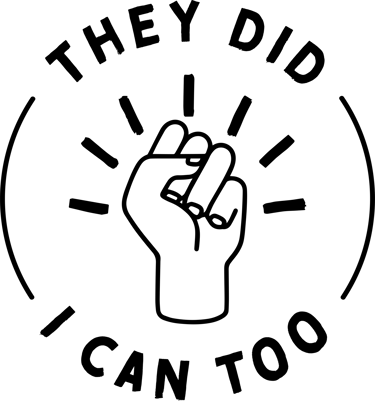

Harold Moody the medical doctor
Dr Harold Moody was born in Kingston, Jamaica in 1882. He wasn’t just a medical doctor — he was also the founder of Britain’s first civil rights organisation, the League of Coloured Peoples. Dr Moody moved to London at the turn of the 20th century to study medicine at King’s College London. In 1910 he graduated top of his class, however when it came to finding work, that didn’t matter — he was rejected by multiple hospitals because of the colour of his skin, so he created his own path.
He was a devout Christian and became the first Black man elected as president of the 'Christian Endeavour Union' in 1935. Dr Moody strongly believed in community and providing the best care for all, especially those most in need.
In 1913 he opened his own medical practice in Peckham, South London, where he treated everyone from struggling families to local children. Dr Moody gained a reputation as a kind, committed doctor and an essential figure in the community. He also became a Poor Law doctor, working with some of the poorest and most vulnerable people in society including those who lived in workhouses.
Dr Moody’s achievements as a physician are impressive, but it’s what he did beyond the clinic that cemented his legacy. In 1931, frustrated by the racism faced by Black and Brown people in Britain — especially around work, housing and healthcare — he called a meeting at the YMCA in Tottenham Court Road. From that meeting, the League of Coloured Peoples was born.
Attendees included C.L.R. James, Stella Thomas (who became West Africa’s first woman magistrate), and a young Jomo Kenyatta, future president of Kenya and Dr Cecil Belfield Clarke. The League’s aims were clear: to promote and protect the social, educational, economic and political interests of people of colour in Britain and across the world.
One of their most powerful tools was their publication 'The Keys'. One of it's editors was Una Marson. The publication featured essays, poetry, music, achievements, and crucially - personal stories and protests against racism.. The title came from a parable by Ghanaian thinker James Emman Kwegyir Aggrey: just like a piano needs both black and white keys to play harmonies, society needs racial harmony to function.
Dr Moody also advocated for full British citizenship for all colonial subjects, long before Windrush. He believed people across the British Empire deserved rights, respect and recognition — not to be viewed as just “subjects” but seen as equal citizens. During World War II, the League of Coloured Peoples stepped up to ensure that Black and Brown children were evacuated safely.
Dr Moody died in 1947 at 64 years of age at home in London, after returning from a fund-raising tour.
Harold Moody and his wife Olive
King’s and the Centre for Doctoral Studies launched the Harold Moody PGR Studentships to support underrepresented communities within postgraduate research students.
